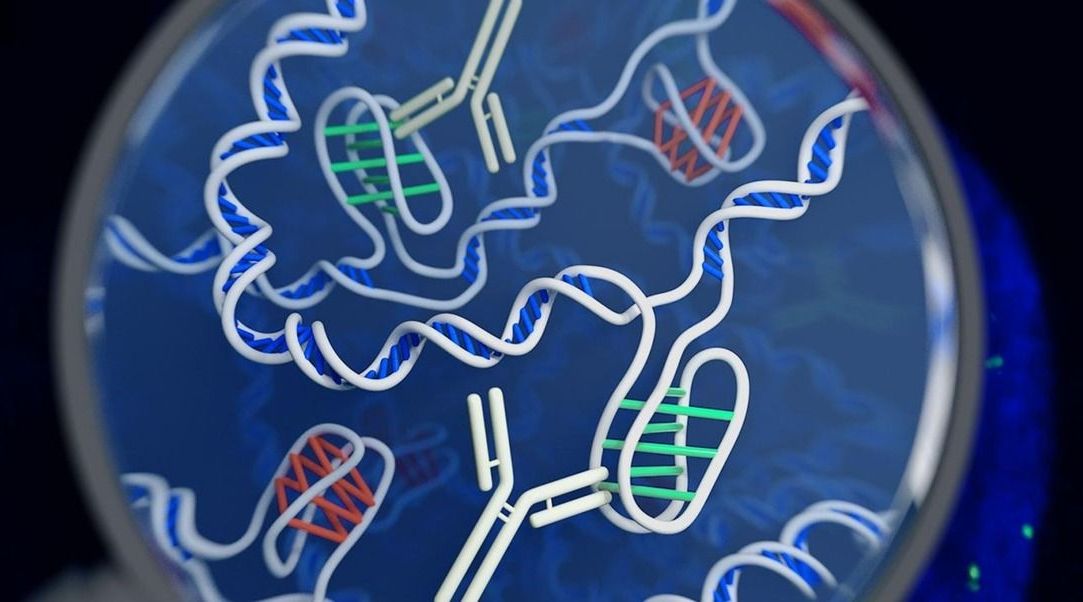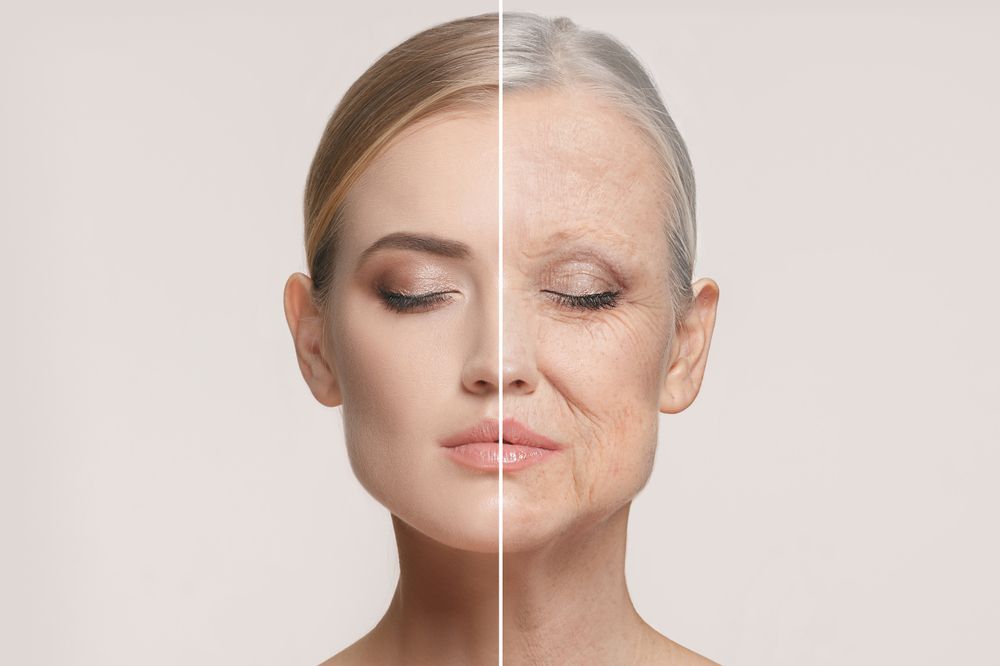Page 9826
Apr 24, 2018
Older people still grow new brain cells as young people, study shows
Posted by Shailesh Prasad in category: neuroscience

Older people can still grow new brain cells like young people, new study shows. Reference: surg.ws/2GYVXOU
Researchers show for the first time that healthy older men and women can generate just as many new brain cells as younger people.
Continue reading “Older people still grow new brain cells as young people, study shows” »
Apr 24, 2018
Move Over, Double Helix: A New Form of DNA Has Just Been Discovered
Posted by Genevieve Klien in category: biotech/medical
We all know about the double helix structure of DNA, but researchers have described a type of DNA that’s never been observed in a living cell: i-motif DNA. This knot-shaped DNA uses nucleotides differently than helical DNA, and scientists suspect it plays a regulatory role in the cell.
Apr 24, 2018
Something really horrible happenedWe lost a friend with such a beautiful heart and the world lost an incredibly talented musicianThank you for your beautiful melodies, the time we shared in the studio, playing together as djs or just enjoying life as friends. RIP Avicii
Posted by Michael Lance in category: media & arts
Apr 24, 2018
Gain of toxic apolipoprotein E4 effects in human iPSC-derived neurons is ameliorated by a small-molecule structure corrector
Posted by Steve Hill in categories: biotech/medical, neuroscience
Today we will be discussing new research published in nature where researchers modified a protein associated with Alzheimer’s disease into a more harmless form, allowing them to remove the damage caused by Alzheimer’s in human cells. This is especially important because the research was not conducted on mice but rather human cells, and shows a potential way to halt the formation of the plaques associated with Alzheimer’s in the first place.
Apr 24, 2018
Aging Looks Are Not Just a Matter of Aesthetics
Posted by Steve Hill in category: life extension
Some time ago, we discussed the matter of beauty in the context of life extension; in particular, we tried to dispel the belief that the motivation behind life extension might be simply vanity. The article argued that there is nothing wrong with wanting to preserve youthful looks and attempted to explain the evolutionary reasons for our perception of beauty, but it did not discuss a perhaps even more important fact: aesthetics are not the main problem of elderly looks. The main problem, as it always is with age-related decay, is a decline in health and functionality.
What do elderly people look like?
If I ask you to imagine an old person, you’re likely to imagine somebody with grey hair, slack, wrinkled skin, and weak and flaccid muscles. While these features may vary from person to person, this is an accurate enough description of anyone past the age of 70, and it generally gets worse and worse as aging progresses. Exercise might help improve your physical condition, and perhaps a good facial cream might make you look slightly younger than your chronological age, but, after a certain point, the signs of age-related decay are unmistakable and irreversible.
Apr 24, 2018
What Are Senolytics?
Posted by Steve Hill in categories: biotech/medical, life extension
Today, we have a guest article from Dr. Marion Tible, a scientist, and author over at the aging research-focused blog Long Long Life. What follows is an introduction to the senescent cell-clearing therapies known as senolytics, these therapies are poised to enter human trials and if successful could revolutionize how we treat age-related diseases.
What are senolytics?
Discovered in 2015 by a team from Mayo Clinic and the Scripps Research Institute in the United States, senolytics are a growing trend in the anti-aging community. They are very promising drugs in the fight against cellular senescence, a hallmark of aging.
“Here are some AI generated nude portraits I’ve been working on🍑
Usually the machine just paints people as blobs of flesh with tendrils and limbs randomly growing out — I think it’s really surreal. I wonder if that’s how machines see us…”
Apr 23, 2018
Armys Pursuit of Electromagnetic Railguns Heats Up
Posted by Klaus Baldauf in category: military
Photo: General Atomics
General Atomics has been awarded a contract to develop electromagnetic railgun technology for the Army as the service pursues cutting-edge weapons to take on advanced adversaries.
The Army’s growing interest in this capability comes after years of research by the Navy, which has yet to field one of the weapons.
Continue reading “Armys Pursuit of Electromagnetic Railguns Heats Up” »
Apr 23, 2018
The Israel-linked killing of Fadi al-Batsh in Malaysia shows that drone technology is now dangerous enough to kill for
Posted by Genevieve Klien in categories: drones, encryption, military, robotics/AI
There are certain classes of technology that, by their nature, put those who possess their secrets in danger: Nuclear weapons. Ballistic missiles. Advanced encryption software.
Now, add unmanned aerial vehicles—drones—to that list.
A Palestinian electrical engineer who had published research on drones was assassinated in Malaysia, the Wall Street Journal reported (paywall). A helmeted person on a motorcycle fired 10 shots at 35 year-old Fadi al-Batsh, killing him as he walked to a mosque for morning prayers.

















